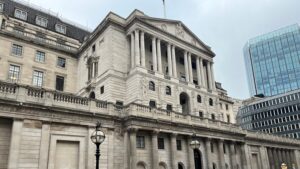While the short-end of US bond markets predictably rallied on the back of the Republican victory, longer-dated bonds sold down heavily with the expectation of borrowing to implement Donald Trump’s bold infrastructure plans.
As of yesterday, the chances of a Fed hike in December were over 80% but have since fallen to below 50%.
However, a further spanner in the works is Trump’s recent criticisms of the central bank’s independence.
“It seems highly unlikely that Trump will allow Janet Yellen to continue in office when her mandate ends in 2018, and this will clearly increase uncertainty on US monetary policy and point to a faster tightening of leading rates,” believes Nuno Teixeira, head of institutional and retail solutions at Natixis Asset Management.
“While the extent of this fiscal easing is offset by Congress, these two potential risks could well trigger renewed volatility on US interest rates.”
Still, Richard Hodges, head of unconstrained fixed income at Nomura Asset Management, stresses investors must not be rash in acting on today’s short-term momentum trades.
In the past two months, he has been building up cash positions to around 15% in his Global Dynamic Bond fund because of a lack of adequate risk/reward metrics.
“It doesn’t surprise me that people are adding risk, as everyone went into this with long cash positions, but you have to be careful,” he warns.
“People underestimated Brexit, they underestimated Trump, they are definitely underestimating the risks around the Italian Referendum, the FOMC meeting in December, and the French and German elections next year.”
He adds: “Today is very much like Brexit as people went into this with long cash positions, hoping for some volatility and some weakness to come through so they can start buying again. That’s the mentality that prevailed post-Brexit and that we are seeing again today.”







